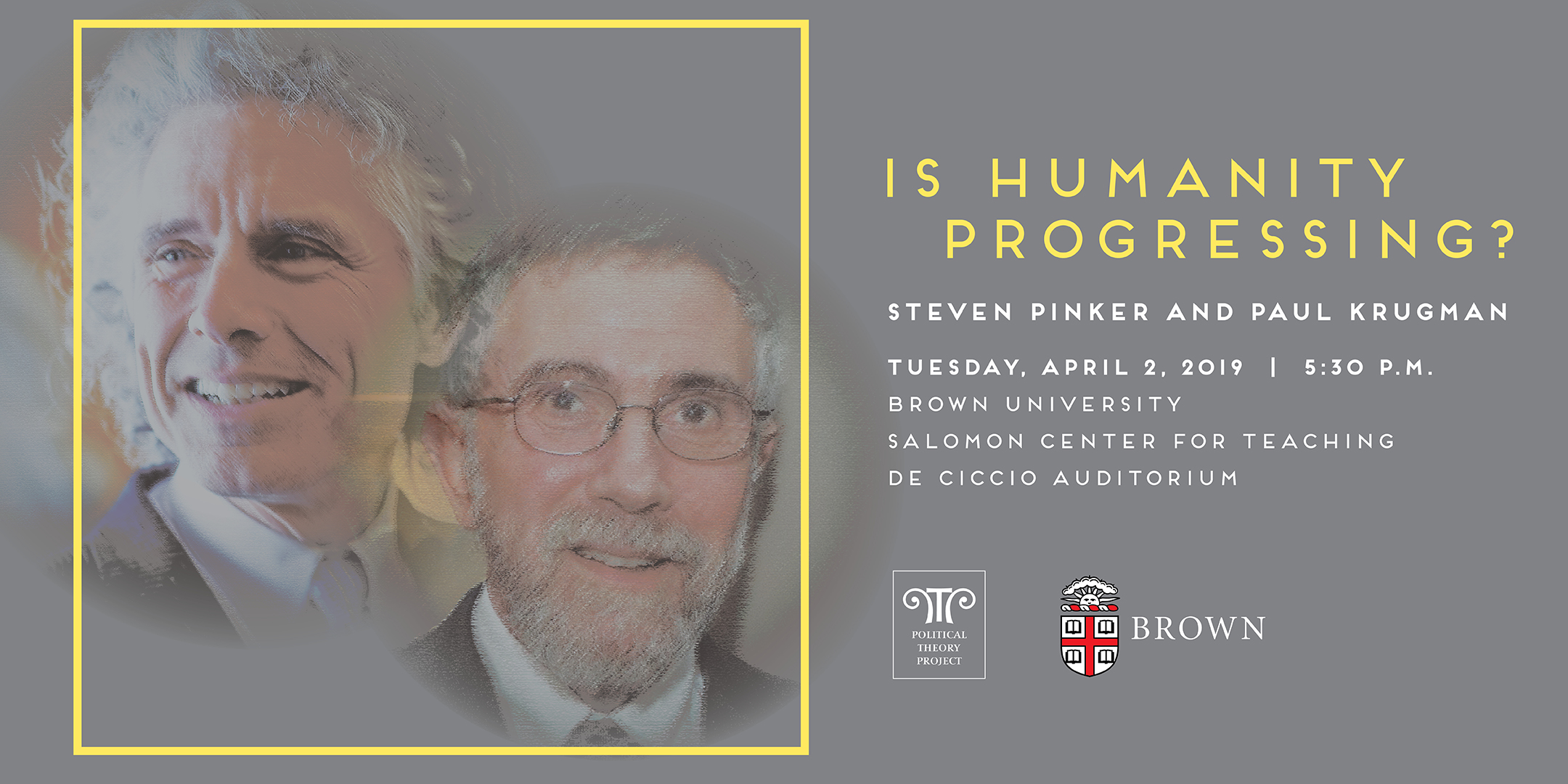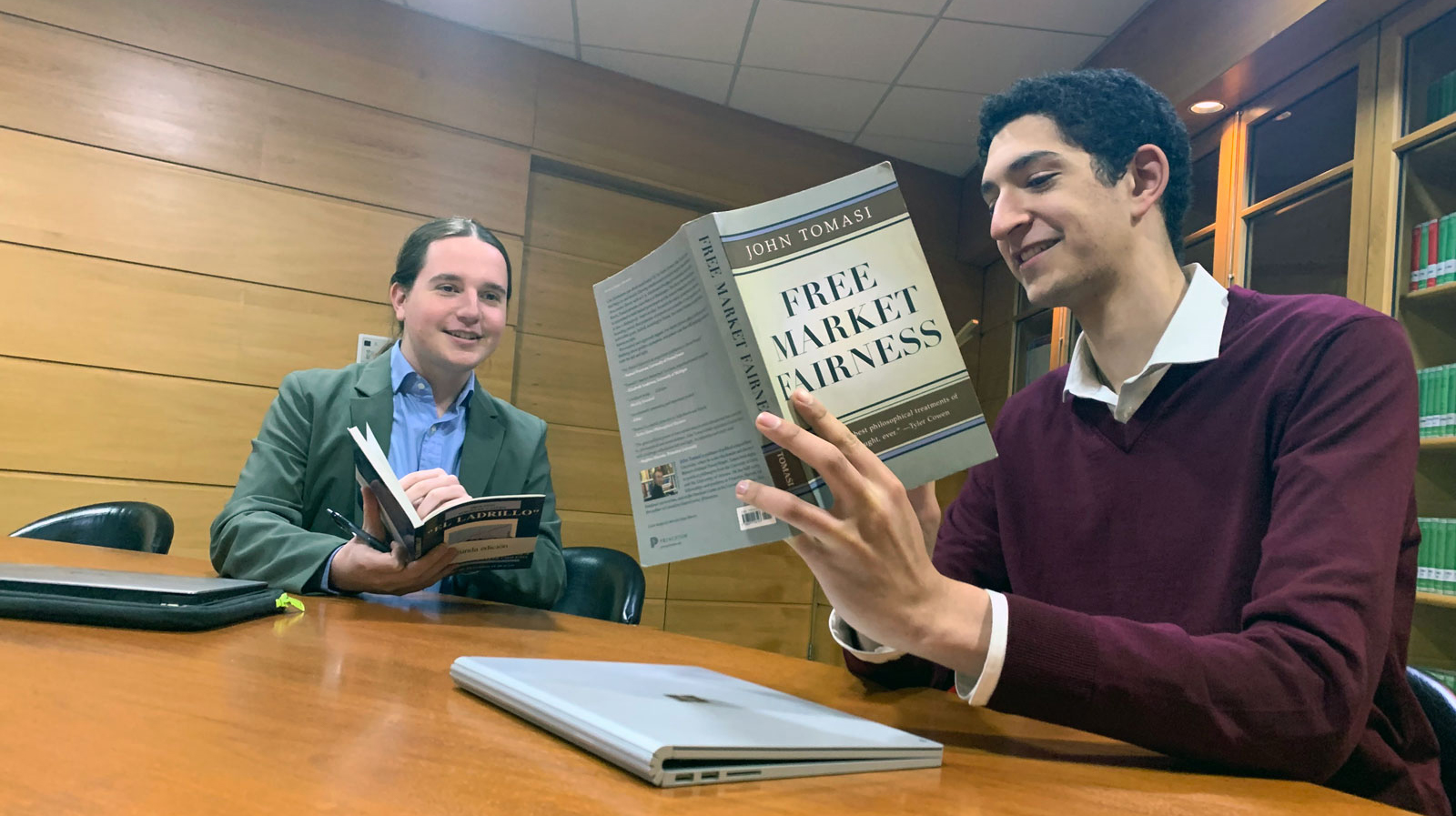In a time of extreme political polarization in the U.S. and beyond, Brown’s Political Theory Project (PTP) is transforming the nature of political discourse and inquiry both on campus and across academia.
Established in 2003, the project unites faculty from political science, economics, philosophy and other disciplines to galvanize the study of ideas and institutions that make societies more free, prosperous and fair.
Critical to this mission is engaging undergraduate students and faculty alike in a free and open exchange of ideas and perspectives through coursework, research opportunities and campus forums that give students the ability to interact directly with prominent international voices representing a wide diversity of viewpoints.

PTP faculty carry the project’s mission into their own work, which often has far-reaching impact. Director John Tomasi, a professor of political science at Brown, has successfully translated theory into action in Chile, where his consultations with the country’s senior elected leaders have galvanized national policy changes. After reading Tomasi’s book “Free Market Fairness,” which introduces the idea that societies can prosper by incorporating ideas of both social justice and private economic freedom, members of Sebastián Piñera’s 2017 presidential campaign reached out to Tomasi to discuss implementing his ideas on the ground in Chile. Piñera, now president, has since met regularly with Tomasi to create a new political model based on the core tenets outlined in “Free Market Fairness,” which could bring more prosperity and equality to the country.
At the heart of the PTP is its Janus Forum Lecture Series, which is aimed at fueling and influencing important national and international discussions. Drawing from its namesake, the Roman god with two faces, the series asks two established researchers with alternative perspectives to present their research in direct comparison to one another.
Recent Janus Forum talks have featured Pulitzer Prize-winning writer Heather Ann Thompson, who revealed new details about the ruthless retaliation Attica Prison residents faced following their uprising in 1971; former Weekly Standard editor Bill Kristol, who discussed the recent trajectory of American politics and conservative thought; and economist Paul Krugman and Harvard psychologist Steven Pinker, who debated whether humanity is advancing or regressing. In past years, the PTP has hosted debates between capitalists and socialists, between gun champions and gun control advocates, and between those who argued for and against restricting immigration to the U.S.
